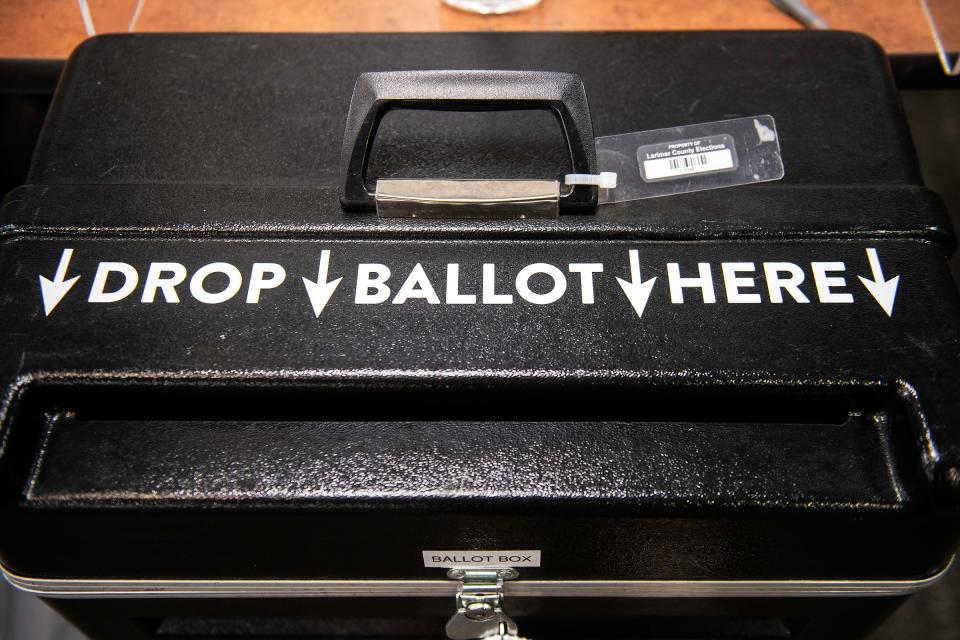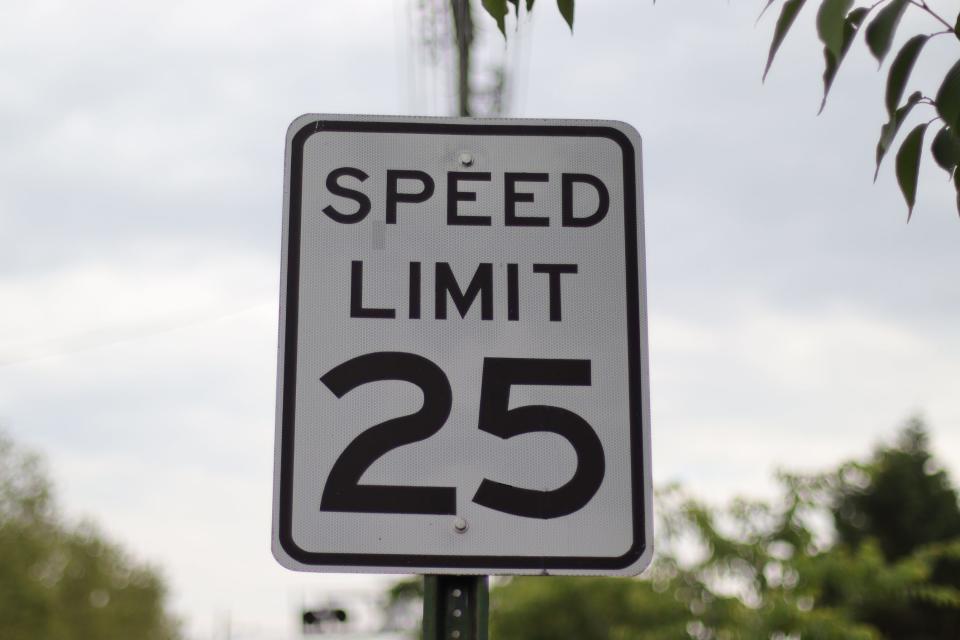When not enough people vote in condo board election, are you stuck with the old guard?
Live in a home governed by a condominium, co-op or homeowner's association? Have questions about what they can and cannot do? Ryan Poliakoff, an attorney and author based in Boca Raton, has answers.
Question: At our last members meeting, an election, we were unable to establish a 30% quorum by just a few votes. A member made a motion to extend the meeting, but the secretary of the association, who was named on the proxies, voted not to extend the meeting. As a result, the sitting board members were “rolled over." Our attorney says they were rolled over for the full term (two years), while this column has seemed to suggest that the roll over is only until the next election, i.e., one year. Is there any case law to support this? Signed, S.S.

Dear S.S.,
I tend to disagree with your association’s attorney, but I also am not aware of any case law directly on point. However, here is my reasoning. Florida Statutes, section 617.0806, which relates to staggered terms for directors, says that “each director shall hold office for the term to which he or she is elected or appointed and until his or her successor has been elected or appointed and qualified…”
If there is no election, no successor has been elected or appointed — and so the director continues to serve. That is the genesis of the concept of a holdover board. But, neither that statute nor any other law suggests that, in the absence of an election, the directors are automatically elected to a new multi-year term. It just suggests that the directors continue to serve until their successors are elected. That would presumably occur at the next annual meeting.
While I am not aware of cases directly on point, I am aware of arbitration cases that indirectly suggest this is the right outcome. For example, in Romano v. Emerald Preserve, an association attempted to amend its bylaws to expressly provide that, in the absence of an election, the directors would hold over for a full new term. The arbitrator ruled that such an amendment would only be effective if contained in the articles of incorporation, and not the bylaws. As such, she ordered that the directors would only hold over until the next election. So, while the case did not turn on that point, she did find that was the proper default outcome, absent express language in the articles providing otherwise.

Question: Regarding your recent answer about a person fined for speeding, does the condo (or HOA in my case) have to have a speed gun to show the actual speed, or can a driver simply be told he or she was speeding? Our HOA has an issue with a few speeders and we have been told that we cannot fine them for speeding unless we can prove how fast the driver was going. Signed, S.R.
Dear S.R.,
Condo and HOA fining procedures do not have the same proof requirements that you would find in court. Instead, the board has to act “reasonably.” And every owner has the right to appear before an independent committee and argue that the fine should not be imposed. So, that is the backstop against unreasonable fines, including fines that are premised on insufficient proof.
Really, we know that any person can identify certain types of speeding without a radar gun. You know what a car going 50 mph looks like in a 25 mph zone. Yes, you’re splitting hairs if you allege someone was going 30 in a 25 zone without any radar or proof. But my guess is that most boards don’t fine on that basis, as they would be likely to be overturned by their fining committees if they did so; and if an owner took a dispute like that to court, I would not be surprised if a court found that the application of a fine like that, based on zero actual proof, was “unreasonable” and therefore unenforceable. It is usually best if a community uses radar signs or some other method of identifying speeding violations, but technically speaking it’s not legally required.
Question: My condo board has been paying two "property managers," one from our management company and one maintenance man, for almost a year. The maintenance man has performed no duties within his job description, yet the board president insists on continuing payments to him — despite all objections. Is there anything that can be done so these funds can be better used? Signed, F.P.
Dear F.P.,
Your president is not making decisions in a vacuum. There is an elected board of directors that in turn elected him the president and allows him to make these decisions. If the board disagreed it could overrule him or remove him as president. So, any objections you are referring to are either yours, or yours and other residents. Which is entirely valid, but this is simply a difference of opinion on how the condominium business should be run — and that’s what elections are for.
Ryan Poliakoff, a partner at Poliakoff Backer, LLP, is a Board Certified specialist in condominium and planned development law. This column is dedicated to the memory of Gary Poliakoff. Ryan Poliakoff and Gary Poliakoff are co-authors of "New Neighborhoods — The Consumer’s Guide to Condominium, Co-Op and HOA Living." Email your questions to condocolumn@gmail.com. Please be sure to include your location.
This article originally appeared on Palm Beach Post: Condo board election called off for too few voters, now what?

